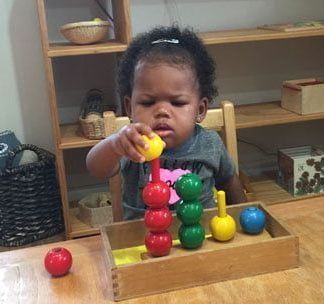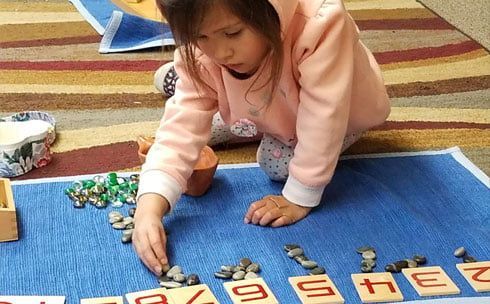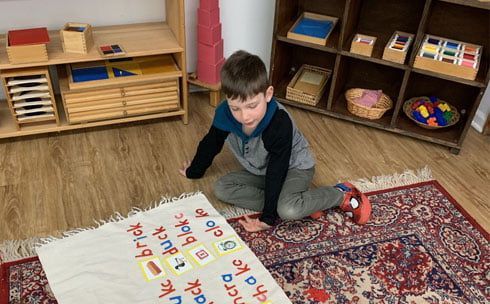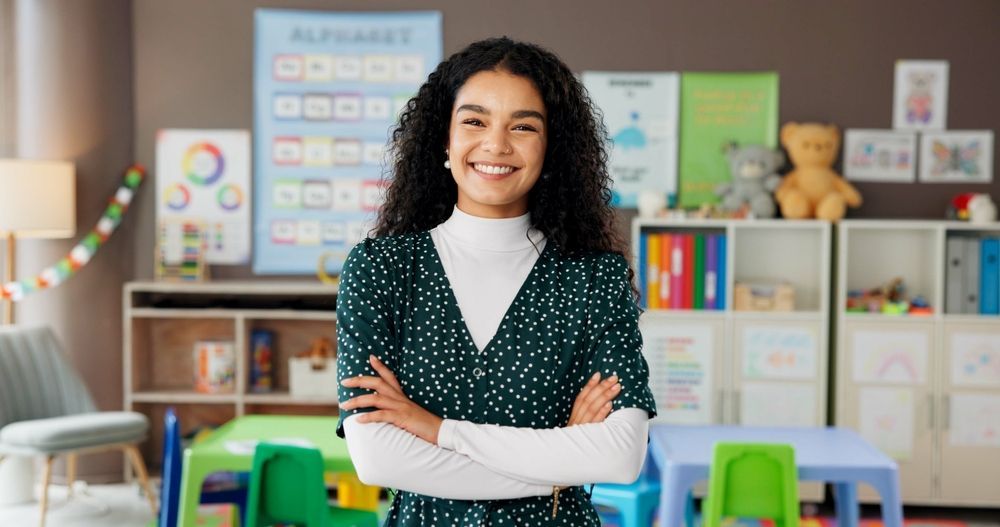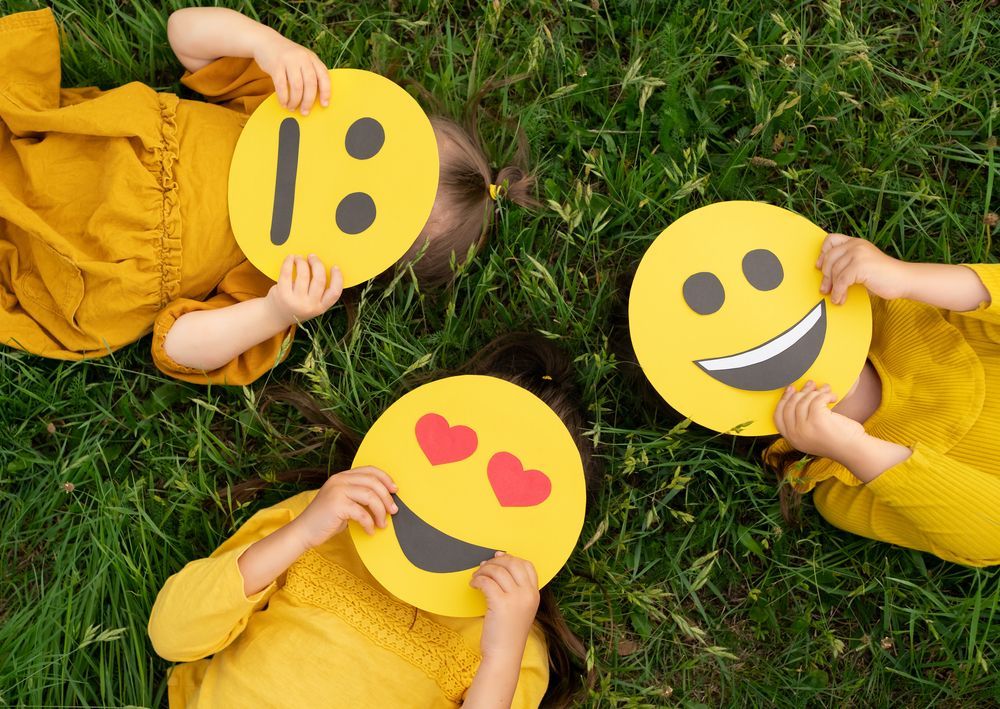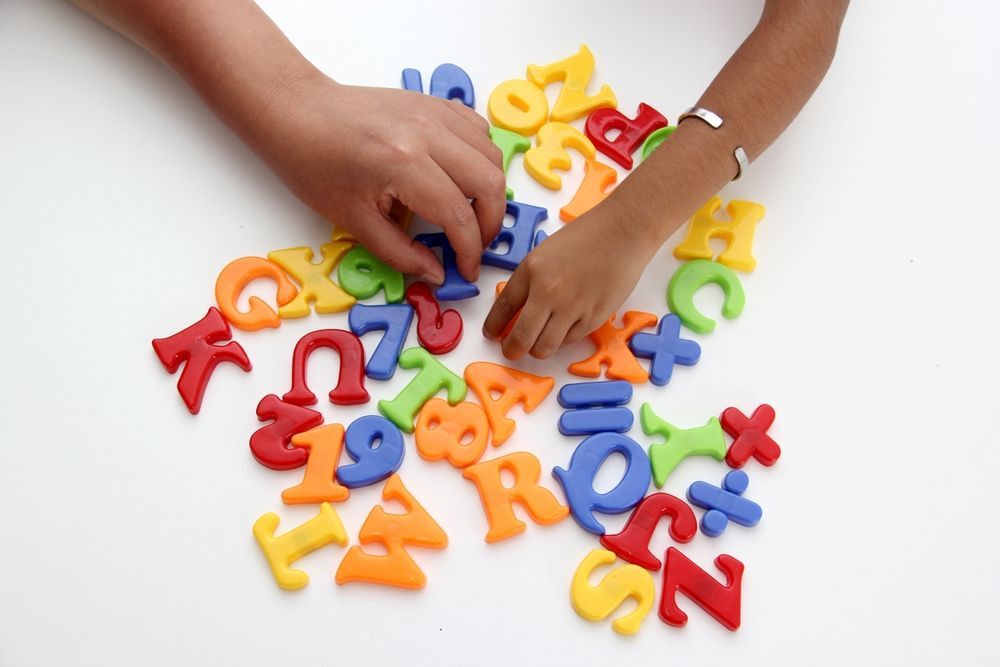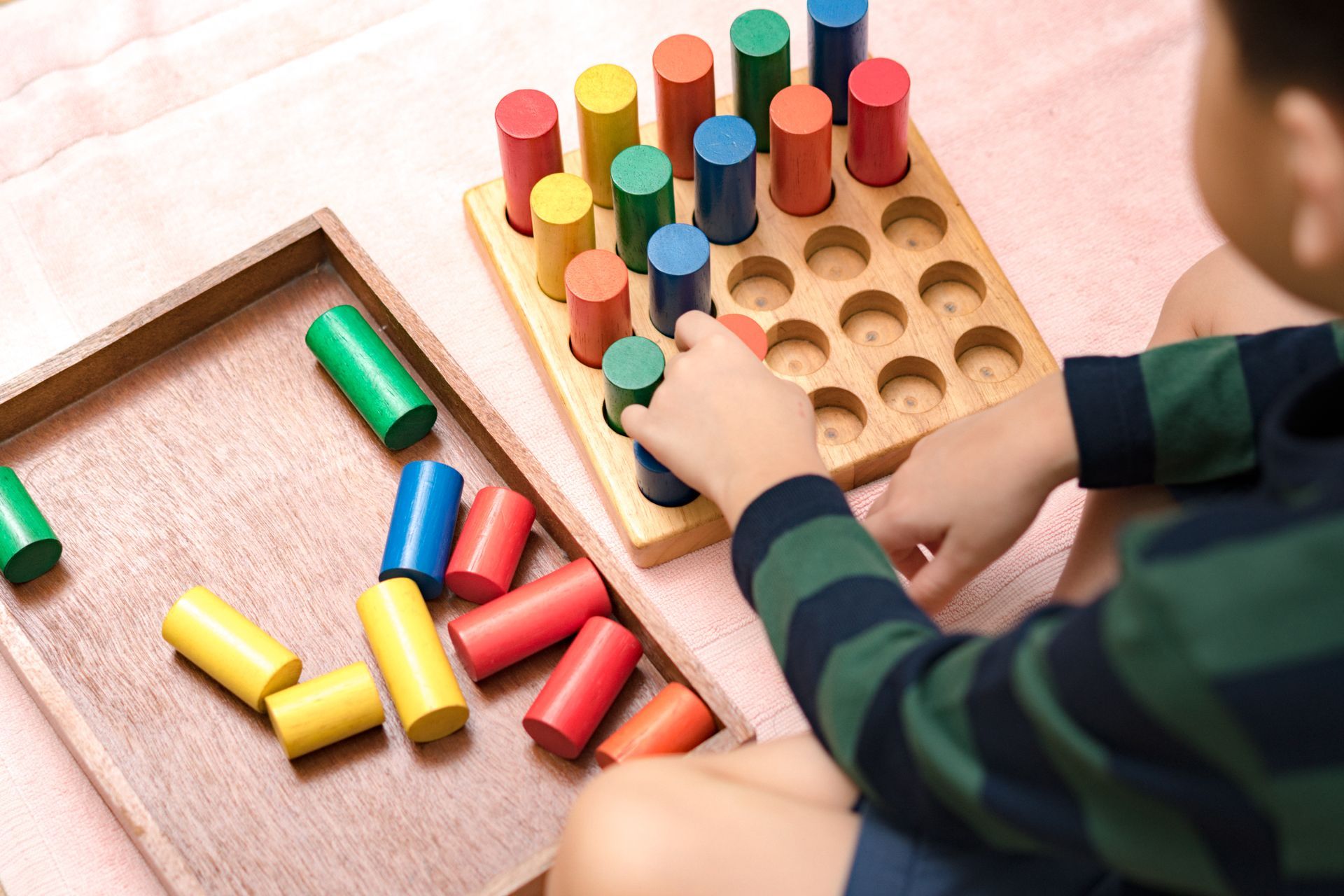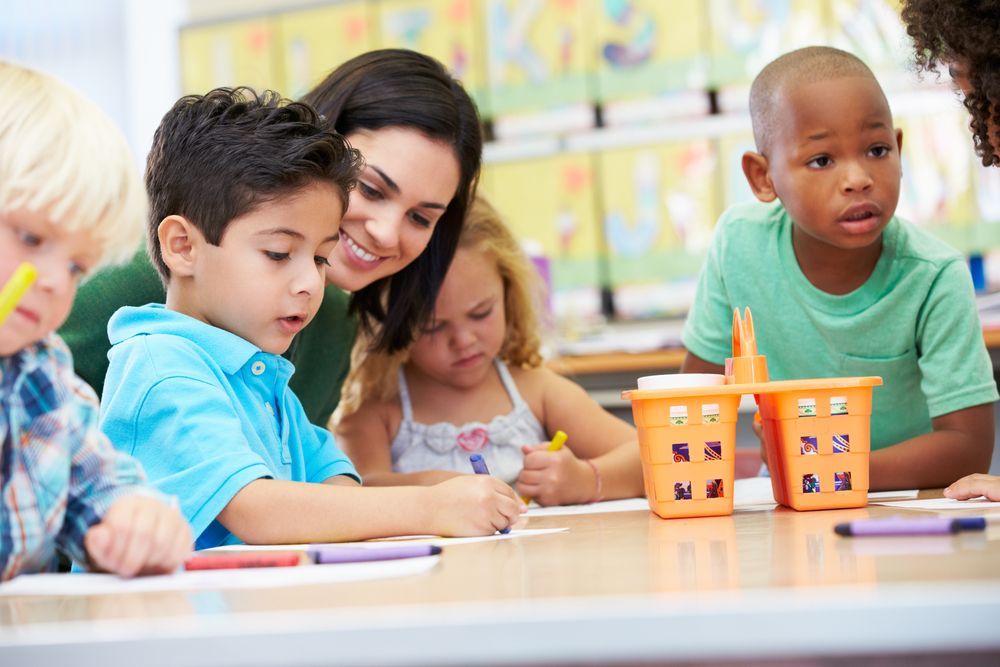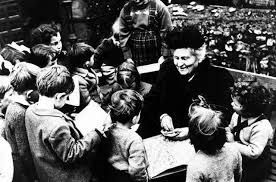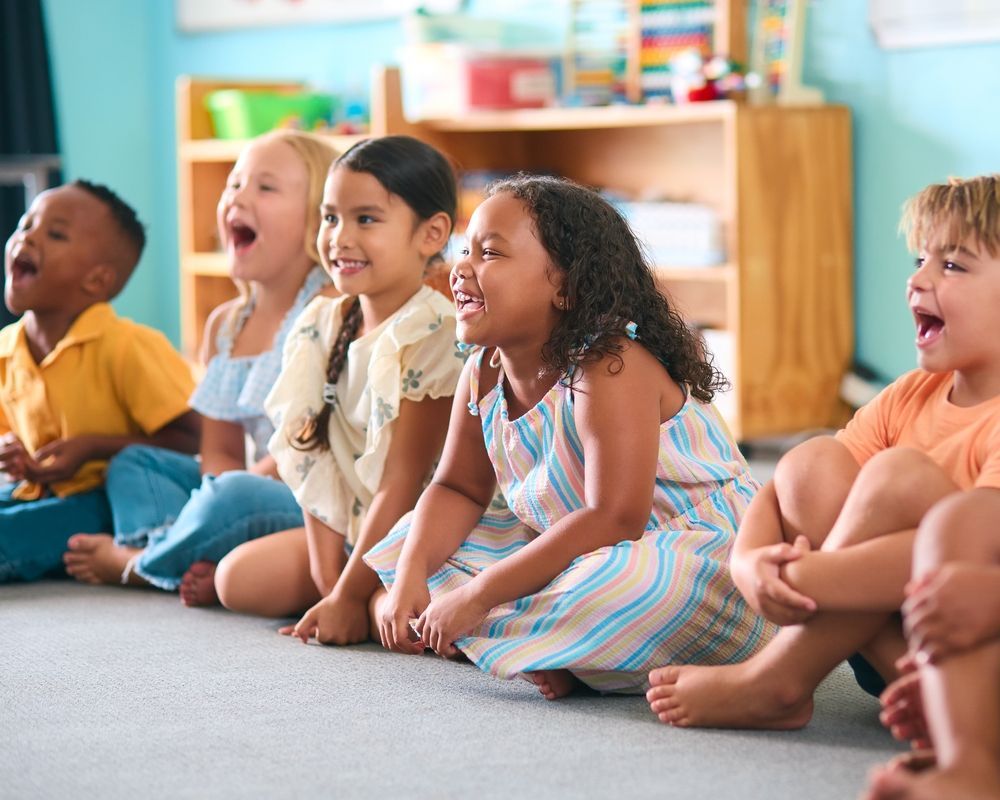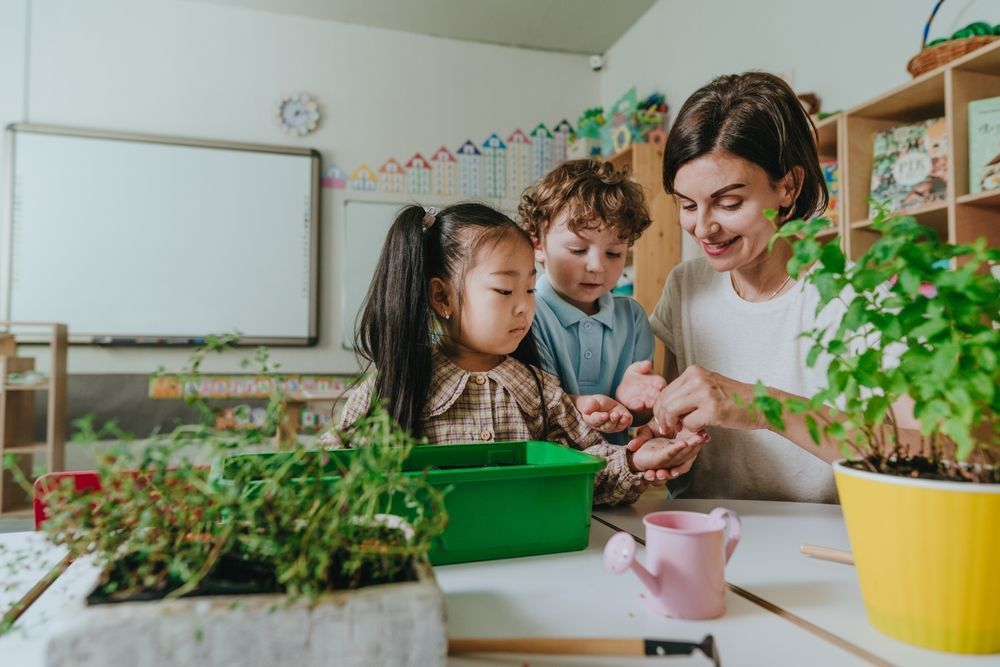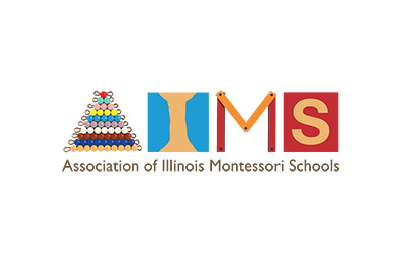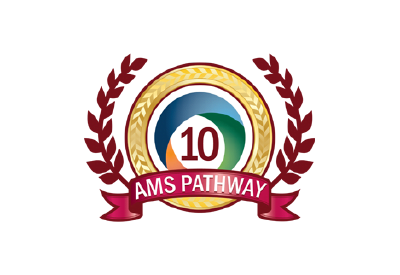How to Choose the Right Montessori Toys by Age Group
Share this Article:
Choosing toys for young children can feel overwhelming when there are so many options. Montessori toys stand out because they are designed to spark curiosity, encourage independence, and match a child’s developmental stage.
The right choice can support fine motor skills, problem-solving abilities, and creativity, while also providing a sense of accomplishment.
Parents who select toys that fit their child’s age and abilities give them meaningful opportunities to learn through play. Understanding the purpose behind each toy helps families create a home environment that complements what their child experiences in a Montessori classroom.
What Are Montessori Toys?
Montessori toys are simple, purposeful materials that encourage children to explore and learn through hands-on experience. They are often made from natural materials like wood, cotton, or metal, giving them a warm, tactile quality.
Each toy is designed to focus on a single skill or concept, such as stacking, sorting, or matching. This allows children to concentrate deeply without distraction. Unlike many mass-market toys, Montessori materials are self-correcting, meaning children can spot and fix mistakes on their own. This builds independence and confidence while strengthening problem-solving abilities. The goal is not just entertainment, but meaningful play that mirrors real-life activities.

Why Age Matters When Choosing Montessori Toys
A child’s abilities and interests change quickly in the early years, so choosing Montessori toys that match their stage of development is important. Toys that are too advanced can cause frustration, while those that are too simple may not hold attention for long.
In Montessori education, materials are introduced at the moment a child is ready to benefit from them. This timing allows the toy to challenge their skills just enough to encourage growth. Matching toys to age also supports the natural sequence of learning, building on what a child has already mastered. The right toy at the right time helps keep learning joyful and engaging.
Montessori Toys for Each Age Group
Choosing Montessori toys that fit a child’s age helps them get the most out of playtime. Each stage of early childhood brings new abilities, interests, and ways of interacting with the world. The right materials offer just enough challenge to promote growth while keeping learning enjoyable.
15-18 Months
Children at this age are refining their grasp and learning how objects work. Shape sorters, object permanence boxes, and large knobbed puzzles support coordination and early problem-solving. Natural textures and simple designs keep them engaged while strengthening motor skills.
18-24 Months
Toddlers in this stage are eager to repeat actions and enjoy toys that allow for movement and order. Stacking cups, simple threading beads, and low peg boards strengthen hand-eye coordination and focus. Activities that can be completed independently build confidence and patience.
2-3 Years
Children now have greater control over their movements and can handle more detailed tasks. Pouring sets, dressing frames, and matching cards introduce practical life skills and expand vocabulary. These activities also encourage sequencing and categorizing, which are key to cognitive growth and help prepare them for preschool.
3-4 Years
This stage brings an interest in more complex challenges and problem-solving. Sequencing cards, number rods, and simple construction sets introduce early math and logic concepts. Children learn to plan steps, test ideas, and see tasks through to completion.
4-5 Years (Kindergarten)
Kindergarten children benefit from toys that prepare them for academic skills while keeping learning hands-on. Sandpaper letters, bead chains, and phonetic reading cards strengthen early literacy and math readiness. These materials help bridge concrete learning into abstract thinking.
How Montessori Toys Support Early Childhood Development
Montessori toys go beyond entertainment. They are purposeful tools that help children grow in several important areas of early learning. Each material is thoughtfully created to match a child’s stage of development, offering the right level of challenge. This approach allows children to build skills step by step while enjoying the process of discovery.
Building Motor Skills
Montessori toys are designed to match a child’s physical abilities at each stage, giving them opportunities to practice precise movements. Activities like stacking, threading, and pouring strengthen both fine and gross motor control. Over time, these skills translate into everyday abilities, such as dressing, writing, and using tools.
Encouraging Cognitive Growth
Each toy focuses on a single concept, allowing children to work deeply and notice patterns. Sorting, sequencing, and matching tasks train the brain to think logically and solve problems. By gradually increasing the challenge, these toys help children progress from simple exploration to more advanced reasoning.
Stimulating Language Skills
Hands-on play often sparks conversation and vocabulary development. Montessori materials that involve matching objects to pictures, naming shapes, or discussing textures provide natural opportunities for children to use new words. This interactive approach makes language learning more meaningful and memorable.
Choosing Safe and Effective Montessori Toys
Safety and quality are the first priorities when selecting Montessori toys. Materials should be free from toxic finishes and small parts that could be swallowed. Natural options like wood, cotton, and stainless steel are often more durable and offer a pleasant sensory experience.
Effectiveness comes from selecting toys that match the child’s current skills and interests. A well-chosen material challenges them without causing frustration, allowing them to work independently and experience success. Simplicity is key, as fewer distractions help children focus on the main skill the toy is meant to develop.
It is also helpful to choose toys that grow with the child. For example, stacking blocks can be used in simple towers at first, then in more elaborate structures as coordination improves. Involving children in the process of selecting toys can make them more invested in using them and caring for them. Thoughtful choices support both safety and meaningful learning.
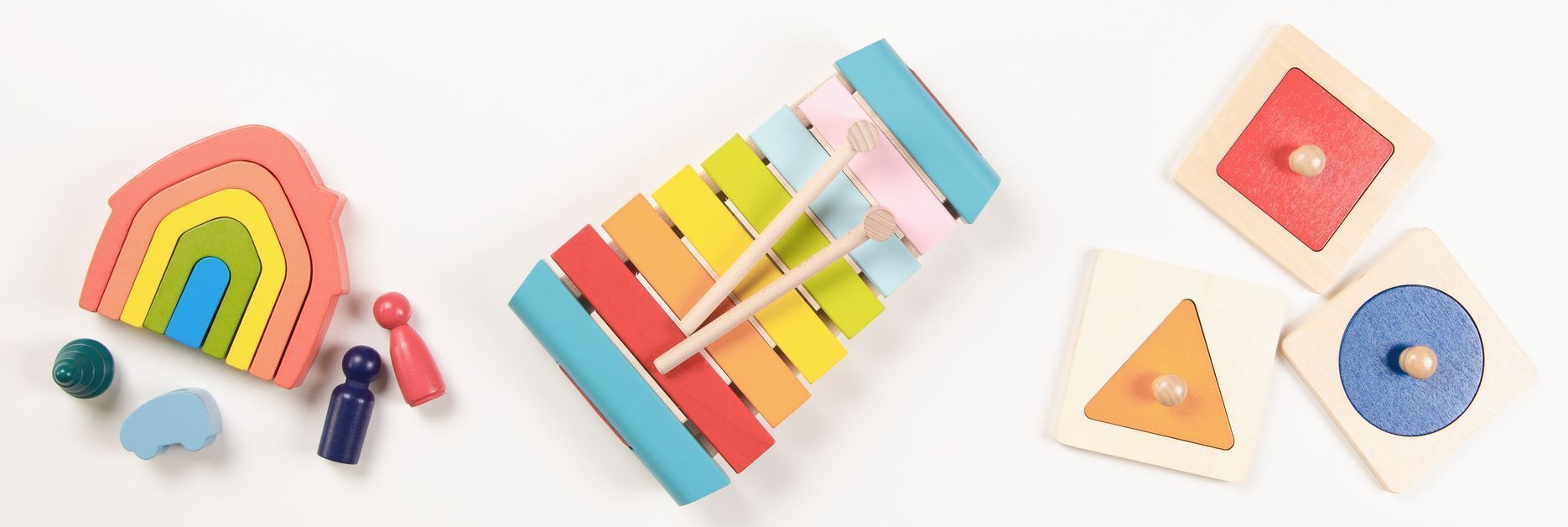
Explore Early Learning at Mansio Montessori
At Mansio Montessori of Geneva, the learning environment is carefully prepared to meet each child’s developmental needs. The same principles that guide Montessori toy selection are reflected in the classroom, where materials are chosen to encourage independence, confidence, and a love of learning.
Families who value purposeful play and hands-on exploration will find that our programs build a strong foundation for future academic success. Children in our care grow into curious, capable learners who take pride in their work and enjoy the process of discovery.
We invite you to visit and see how our approach can help your child thrive.
Contact us today or review our
enrollment information to get started.
